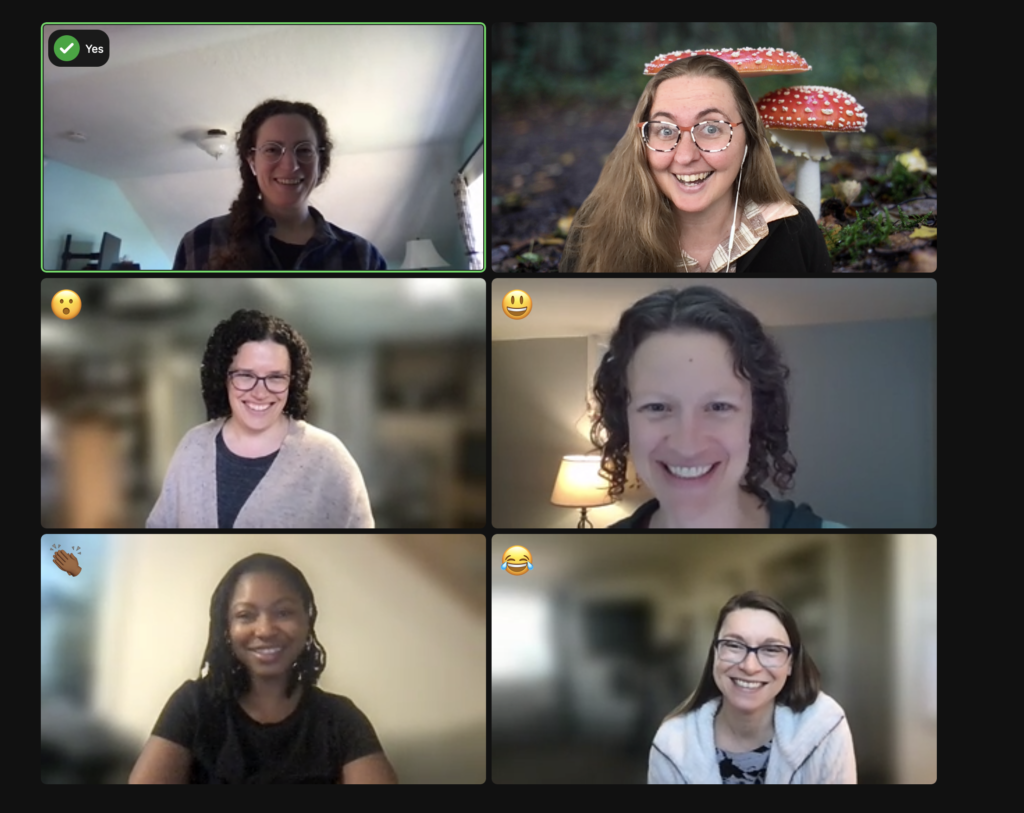Open Oregon Educational Resources received a grant from the Fund for the Improvement of Postsecondary Education (FIPSE) in the U.S. Department of Education to develop openly-licensed, targeted pathway materials with an equity lens for Criminal Justice. Eighty percent of the total cost of the program is funded by FIPSE, with the remaining twenty percent representing in-kind personnel costs funded by Open Oregon Educational Resources. This project will redesign high-enrollment courses in a discipline that leads to in-demand occupations, where high-quality, openly licensed course materials with an equity lens are not currently available. We are working on the following courses (course titles vary between institutions):
- Introduction to the American Criminal Justice System
- Introduction to Criminology
- Race & Crime
- Mental Illness & Disability in the Criminal Justice System
This project began on September 1, 2021, and will support nine or more authors from 6 or more Oregon community colleges and universities to develop high-quality, accessible open educational resources with an equity, diversity, and inclusion lens in Criminal Justice. Lead Authors for each course are primary decision-makers about textbook content and course design. Contributing Authors for each course bring diverse expertise and lived experience to the materials. Veronica Vold, Open Education Instructional Designer, guides course design with emphasis on inclusion and belonging, accessibility, and student engagement.
Open Oregon Educational Resources is excited to work with our partners on this project:
- Chemeketa Press offers training in textbook development best practices and editorial coaching to faculty authors through the Textbook Development Workshop, created by Instructional Editor Stephanie Lenox. For more information on this Workshop and how it might fit at your institution, contact Abbey Gaterud.
- RMC Research is evaluating the impact of our open textbooks/courses on student outcomes, in particular whether historically underserved populations are seeing greater improvement in outcomes than the overall impact.
- Valencia Scott, Equity Consultant, collaborates with project leadership and author teams to support the alignment of processes and content with overall equity goals.
- Michaela Willi Hooper, Research Consultant, conducts environmental scans of open and commercial course materials already available; analyzes course learning outcomes across the state; and offers faculty support with in-depth research and copyright/licensing questions.
The screenshot below shows some of the leadership team experimenting with Zoom reactions, as one does during a global pandemic. Clockwise from upper left: Amy Hofer, Statewide Open Education Program Director, Veronica Vold, Open Education Instructional Designer, and Phoebe Daurio, Grant Project Manager, Open Oregon Educational Resources; Stephanie Lenox, Instructional Editor, Chemeketa Press; Valencia Scott, Equity Consultant; and Abbey Gaterud, Director, Chemeketa Press.
Workforce Advisory Board
The Targeted Pathway project for Criminal Justice has a unique structural element that resulted from the requirements of the federal grant program. For the first time, Open Oregon Educational Resources is consulting with a Workforce Advisory Board to align course materials with employer and organizational needs and advise on current priorities in the field.
The Workforce Advisory Board contributes meaningfully to the project so that course content:
- is aligned to workforce/organizational needs
- engages students around workforce/organizational scenarios
- enables students to practice with skills and scenarios that they will encounter when working in this field
- incorporates multiple perspectives
- is culturally sensitive
- includes topics that are relatable to the students and their communities
Workforce Advisory Board members will attend board meetings twice a year for two years and respond to requests for review of curriculum under development, assessment data, and other grant deliverables that could benefit from their input.
The structure of the advisory board benefitted from recommendations made by our equity consultant, Valencia Scott. After reviewing the board membership and vision statement, Valencia shared a detailed equity assessment with the leadership team. She raised concerns about the membership distribution and stated vision and encouraged us to create a “new roster of ideal membership, which reflects a more diverse range of backgrounds and intersectional experiences/work in the criminal justice space.” Her recommendations also resulted in the leadership team more clearly defining the goals, processes, and outcomes of the board.
Thank you to our Workforce Advisory Board members!
- Ashley Anstett, Oregon Sexual Assault Taskforce
- Ashley Langsdorf, National Alliance on Mental Illness (NAMI)
- Aron Klein, Partnership for Safety and Justice
- Marshall Roache, Dean of Brooks Regional Training Center, Chemeketa Community College
- Robert Perkins Jr., Linn County Juvenile Department
- Rudyane Rivera-Lindstrom, Higher Education Coordinating Commission (HECC)
- Sandy Hart, Liberation Literacy
- Sheri Sandoval, The Pathfinder Network
- Staci Yutzie, Department of Public Safety Standards and Training (DPSST)
- Trevor Walraven, Oregon Justice Resource Center
- Trish Jordan, Red Lodge Transition Services
The contents of this post were developed under a grant from the Fund for the Improvement of Postsecondary Education, (FIPSE), U.S. Department of Education. However, those contents do not necessarily represent the policy of the Department of Education, and you should not assume endorsement by the Federal Government.


Pingback: Oregon Celebrates Open Education Week, March 7-11, 2022 – openoregon.org